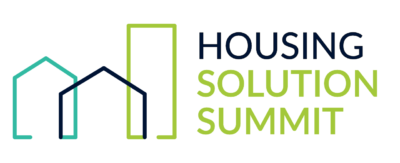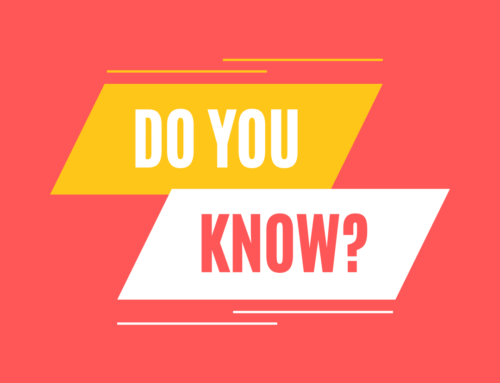 Homelessness, evictions, and housing are top of mind these days for people in poverty. Sadly, due to macro systemic issues, housing problems have been getting worse over time. For those who want to help, this can feel daunting. Where do you begin?
Homelessness, evictions, and housing are top of mind these days for people in poverty. Sadly, due to macro systemic issues, housing problems have been getting worse over time. For those who want to help, this can feel daunting. Where do you begin?
In Bridges communities, we start by listening to people in poverty. Here’s a question that can focus our thinking: “What are the problems faced by people who live in cars?” This was the topic of a short video by Bill Barberg, the organizer of the Housing Solution Summit.
Here are some of the concrete solutions that are shared in that video: Churches can offer designated spots in their parking lots where registered guests can park overnight without being questioned by police. The churches can make restrooms available and provide a space where people can store their possessions. From there it goes on to discuss solutions for food, Wi-Fi, healthcare, and counseling available from local service providers—along with help in creating a plan to get back into stable housing.
This is only the beginning, of course; these strategies just stop the bleeding. Establishing a safe parking network is an important first step where relationships can be established and where a soft landing for someone who was evicted can help them avoid going into a deeper downward spiral that will be harder to recover from.
The listening and problem-solving approach can enable a community to launch other parts of a larger solution, such as establishing tiny homes, supporting home-sharing, adding accessory dwelling units as affordable rental housing, or launching programs that enable low-income people to purchase and renovate city-owned houses. Many of the most promising strategies involve different types of organizations and people from all classes working together to create opportunities that would not otherwise exist.
Bridges communities don’t have to reinvent the wheel; promising strategies have been developed and can be shared, replicated, and combined to make them even better. The learning community is in place. We just need to join it. Here’s how.
The Housing Solution Summit includes a series of “deep dive days” (DDDs) that each have about 20 different presentations and a live panel discussion for Q&A. There is one DDD each month, and all the recordings will be available as resources for a year. Individuals can get one-day all-access passes for each of the DDDs for $79, or for $195 they can get a five-day all-access pass for all five DDDs. But the best option is for organizations in a community to purchase an all-community all-access pass for $2,950. This provides 100 coupons for five-day individual all-access passes for all five DDDs. That makes it much easier to bring a diverse group of people together and give them shared access to these resources.
Listen to this short interview of Bill Barberg by Phil DeVol and sign up for a special aha! Process webinar that shares how the Housing Solution Summit can help Bridges communities be part of a larger strategy that helps address both the urgent immediate needs and longer-term solutions.
Featured speakers at the summit include Senator Amy Klobuchar, Habitat for Humanity International CEO Jonathan Reckford, and author of The Color of Law Richard Rothstein, among others.








